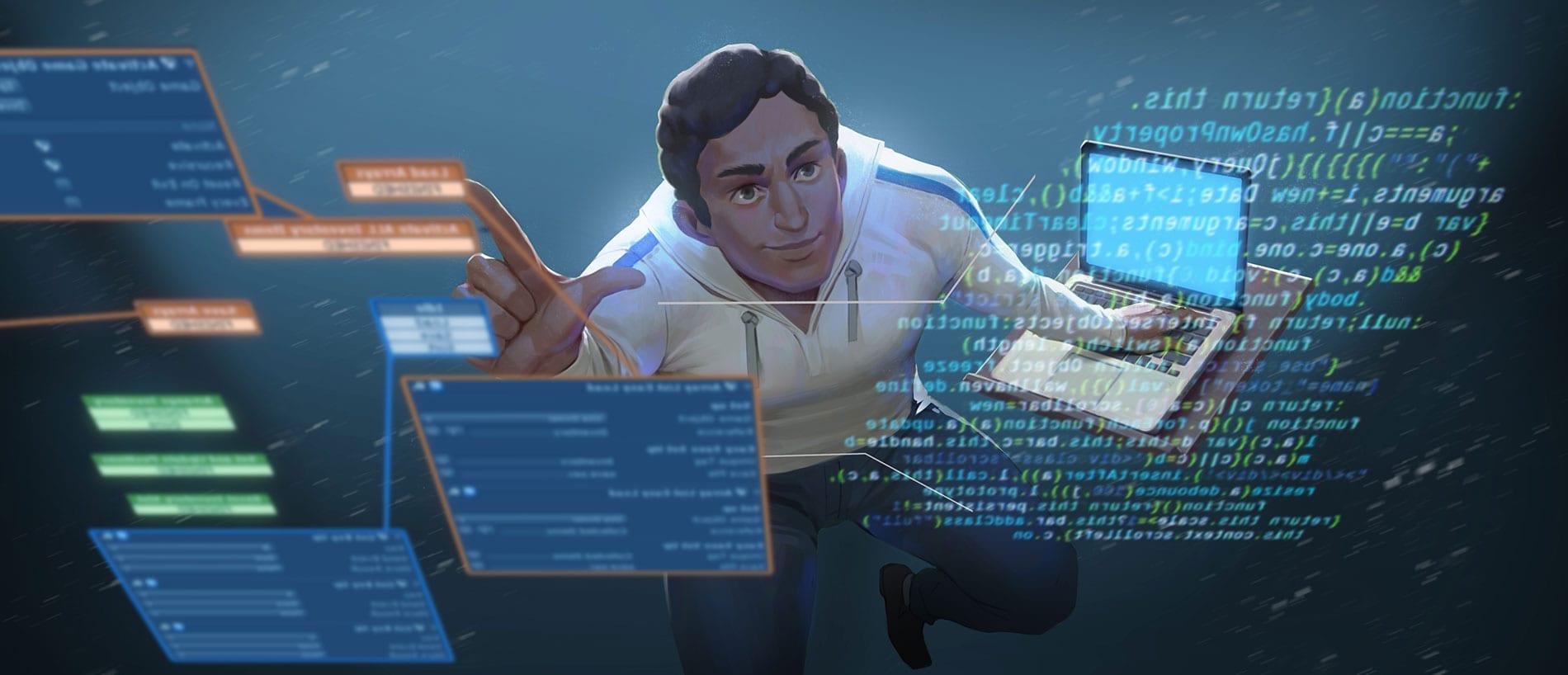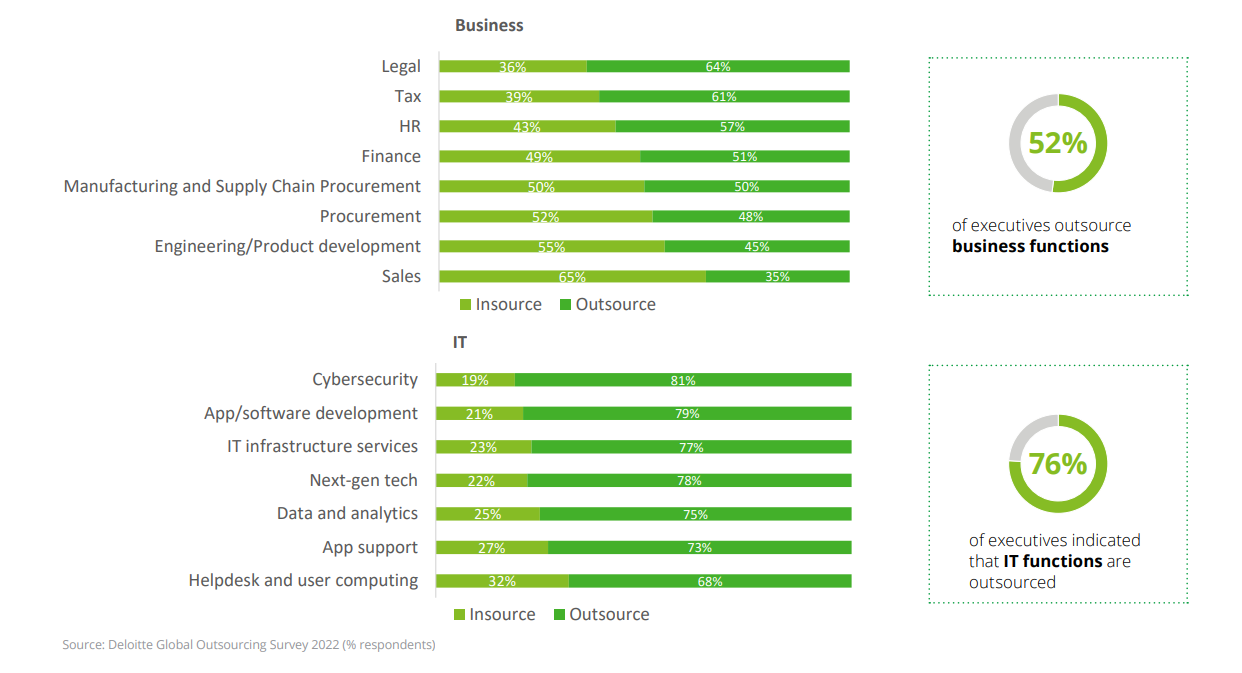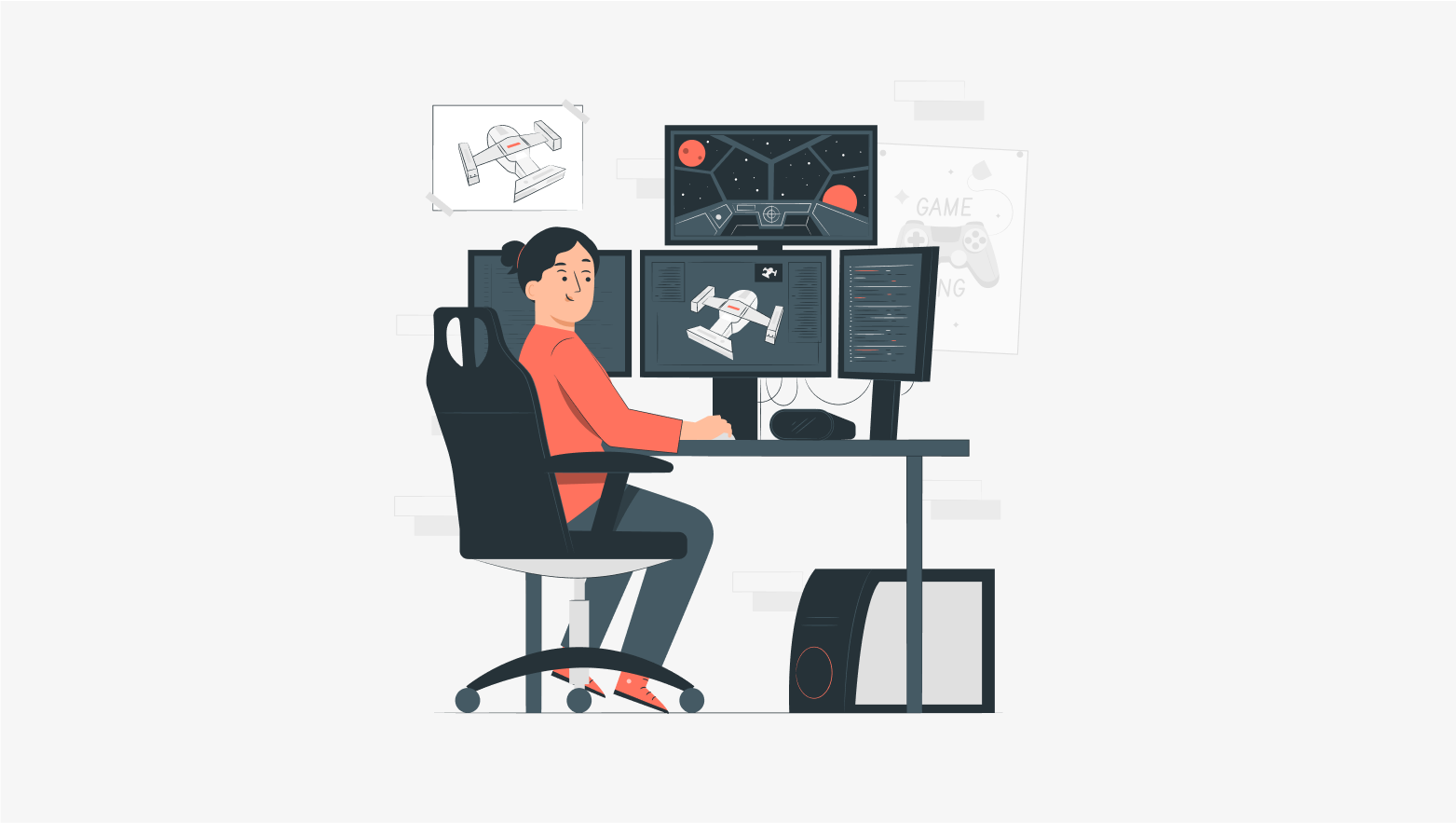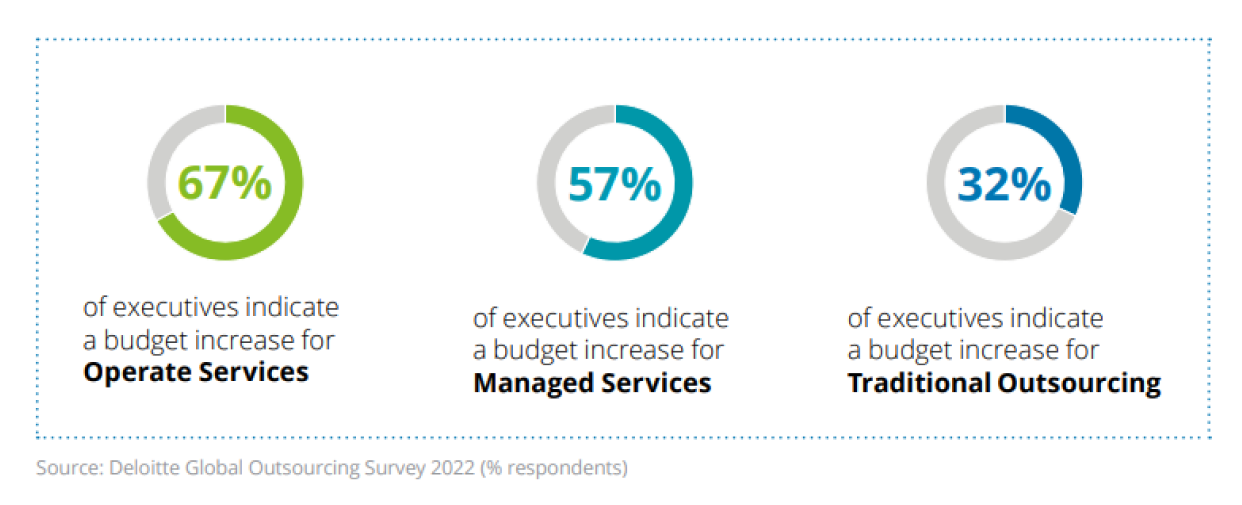
Strategic Outsourcing for Success: Gaining a Competitive Edge
Continue reading "Strategic Outsourcing for Success: Gaining a Competitive Edge"
The game development industry is no stranger to the challenges of finding, developing, and retaining the right talent with the right skills. As remote work and the global talent market continue to reshape the gaming landscape, game development studios face an increasingly competitive environment in the quest for top talent. To address these challenges and stay ahead in the rapidly changing industry, game development studios are exploring new delivery models, with Operate Services emerging as a key player.


Determining the right balance between outsourcing and insourcing has always been a complex decision for game development studios. The arrival of new delivery models adds to the challenge. According to Deloitte's Global Outsourcing Survey 2022, 76% of surveyed executives indicated that their IT services were delivered via third-party models. IT has been at the forefront of adopting an ecosystem view of service delivery, with a strong focus on value over cost efficiencies from third-party services. This evolution has accelerated the shift towards a highly outsourced IT environment.
While IT functions are often outsourced, back-office functions typically remain internally managed in game development studios. Striking the right balance between internal handling and outsourcing is crucial for efficiently responding to new ways of working while leveraging and retaining existing talent. The survey found that nearly half of the executives (48%) indicated that they handle business functions internally, with core business operations being skewed towards an internal sourcing strategy.
Operate Services are revolutionizing the way game development studios approach service delivery, offering a highly effective and collaborative solution to address the industry's evolving needs. As an emerging delivery model, Operate Services have gained significant recognition among gaming executives, presenting an opportunity for studios to harness new capabilities, navigate operating model changes, and meet regulatory requirements while maintaining agility and integration.
Operate Services are built on the principles of collaboration and outcome orientation. They bring together a diverse set of skills and technologies, empowered by a collaborative ecosystem of internal and external talent. This powerful combination enables game development studios to access specialized expertise and resources, allowing them to tackle complex functions that were previously challenging to address through traditional outsourcing models.
Operate Services are gaining recognition as an emerging delivery model in the gaming industry. Fully embraced by surveyed executives, Operate Services are highly collaborative, skills and technology-powered, and outcome-oriented. They provide an excellent way for game development studios to acquire new capabilities and skills, address operating model changes, and manage changing regulatory requirements. As gaming companies strive for growth and navigate a competitive global talent market, Operate Services offer an agile and integrated solution.

The survey also revealed that more than 75% of executives reported revenue growth in their organizations over the last two years, with 67% of executives signaling an increase in budget for Operate Services in the next two years. This shift in financial planning reflects the industry's desire for more integrated service delivery and deeper collaboration with the vendor ecosystem.
While Operate Services gain traction as a valuable delivery model, Managed Services still play a crucial role in game development studios, particularly in technology modernization and digital transformation efforts. Managed Services encapsulate whole functions, providing more than just delivery model options. For example, leveraging Managed Services for cybersecurity brings not only technology and talent access but also risk-sharing advantages, especially in cases of data breaches.
Traditional Outsourcing, on the other hand, remains focused on cost reduction. When game development studios need specific skills quickly, Traditional Outsourcing serves as a quick solution for workforce augmentation. However, the gaming industry's growing maturity in third-party engagement models has shifted focus towards paying for outcomes rather than paying for time.

As the game development industry evolves, game development studios must adapt to the changing talent landscape and explore new delivery models to unlock value. Operate Services emerge as a compelling option for acquiring new capabilities, addressing complex functions, and gaining access to high-tech talent. By striking the right balance between outsourcing and insourcing, game development studios can navigate the challenges and opportunities in the gaming industry, ensuring continued growth and success.